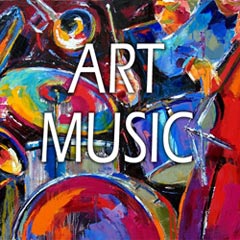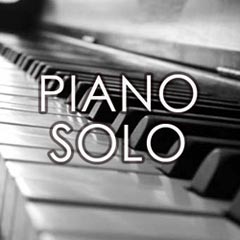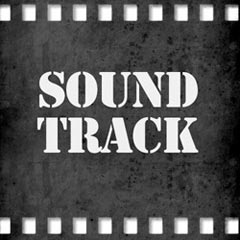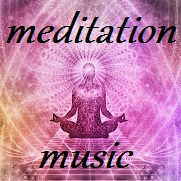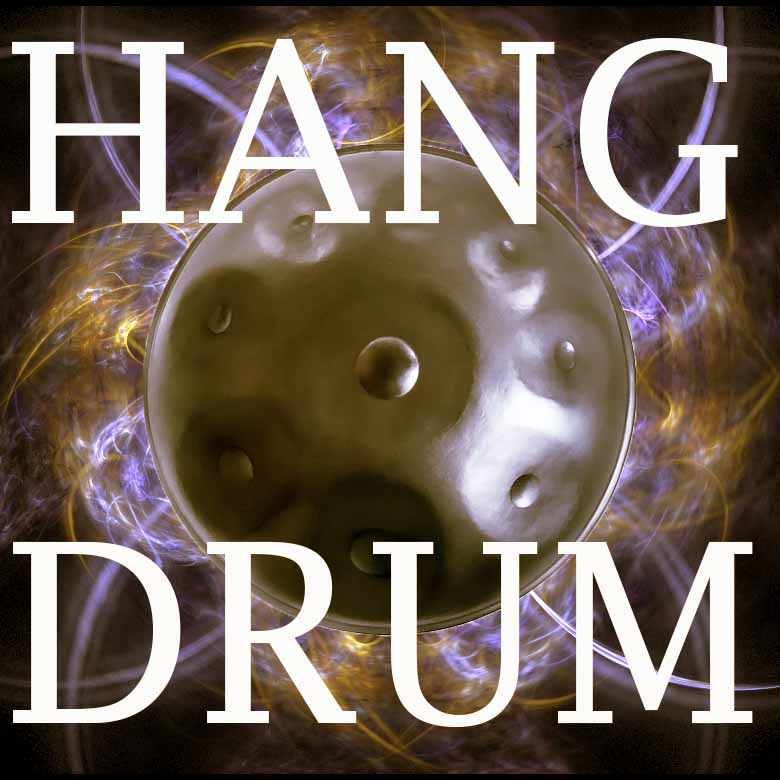Synth
Exploring the Sonic World of Synth Music
Have you ever heard a song with a unique sound that can't be replicated by traditional instruments? Chances are, you were listening to synth music. Synth, or synthesizer, is a powerful tool that has revolutionized modern music production. With its ability to create a vast range of sounds and textures, it's no wonder that musicians across genres have adopted it as a staple in their compositions. In this article, we explore the world of synth music and how this innovative instrument has changed the music landscape as we know it.
The term synth is short for synthesizer, which is essentially an electronic tool that creates sound by generating and manipulating audio signals. Unlike traditional instruments, such as the guitar or piano, which have a fixed sound, a synthesizer can be programmed to create any sound imaginable. With the right skills and knowledge, one can use synth to create anything from lush orchestral arrangements to eerie soundscapes and futuristic beats.
One of the most popular applications of synth music is within electronic music genres, such as techno, house, and EDM. In these genres, synth is used to create the signature electronic sounds that are synonymous with the genre. It's not uncommon to hear complex arpeggios, pulsing basslines, and soaring leads in electronic music. With the rise of digital audio workstations (DAW) such as Ableton Live, Logic Pro X, and FL Studio, more musicians are experimenting with electronic sounds and incorporating them into their music.
But it's not just electronic genres that are exploring the sonic possibilities of synth. Pop, rock, and hip hop artists have also used it to great effect in their compositions. Take the iconic opening riff of Van Halen's Jump, or the gorgeous synth lead in The Weeknd's Blinding Lights, for example. These are two vastly different songs, but they both demonstrate how a well-placed synth element can elevate a song's production value and give it a unique edge.
Of course, not all synth music is made using digital tools. In fact, some of the most legendary synth sounds were created using analog synths. These instruments are hardware-based, meaning they use physical circuits and components to generate sound. Due to their complexity, analog synths have a warm and organic sound that can't be replicated by digital synths. Many classic rock bands, such as Pink Floyd and Tangerine Dream, used analog synths to create ethereal soundscapes and iconic synth leads.
Synth music has been a game-changer in the world of music production. Its ability to create a vast range of sounds and textures has allowed musicians to explore new sonic territories and push the boundaries of what's possible in music. Whether you're a fan of electronic music, rock, pop, or anything in between, chances are you've heard the impact of synth in modern music. As long as there are musicians pushing the limits of audio production, synth music will continue to be a vital tool in their arsenal. So dive into the world of synth music and discover the limitless sonic possibilities that await you!
These bands could be of your interest:

